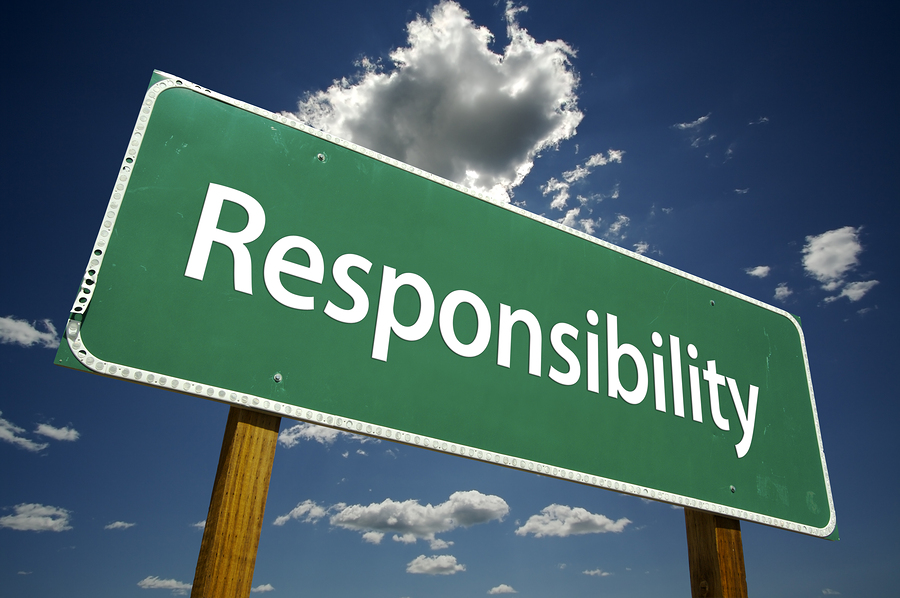Are we paying enough attention to our children?
 It’s been said that “The best thing you can spend on your children is time,” and according to a recent study by Janice Wood (2012) in How to Recognize Teens at Risk for Self-Harm, this appears to continue to stand the test of “TIME!”
It’s been said that “The best thing you can spend on your children is time,” and according to a recent study by Janice Wood (2012) in How to Recognize Teens at Risk for Self-Harm, this appears to continue to stand the test of “TIME!”
It’s frightening to read statistics that reveal suicide is the third-leading cause of death among teens according to the Center for Disease Control. Third! This certainly should make anyone shake their head and wonder “What can I do to help prevent this?” Why? Well, unlike terminal illnesses, drug addiction or car accidents, where many adults most likely feel limited in their abilities, suicide and self-harm prevention truly requires far less “skill” than we may be aware of having! Sadly, one huge mistake parents and other adults make is the avoidance of just talking to teens about self-harm and suicide because they “don’t know how to help!” Wow!
Open the door
We, as parents and adults must realize that we don’t need to solve every single problem our teens go through (and there are many as you may recall!). However, we are responsible to “open up the door” for non-judgmental discussion with our children about developing better coping mechanisms, and assisting them with finding solutions to their emotional pains.
Remember, adolescents reasoning skills are still “under construction,” and life problems are more times than not much larger to them than to us. They are obviously seeking escape from what they perceive to be “overwhelming circumstances” in their lives, that are, to them impossible to solve. Hopelessness and isolation must be monitored closely with teens.
Simply just talking to adolescents about how they feel validates them and lets them feel understood.
While parents are key to improving relations with their teens, they can also get their teens involved with other positive adult influences.
Don’t fear! You’ll figure out what to say! Outside professional help (ie: therapy) is also highly recommended. However, be sure to find the right “match” for your teen! Some therapists are more adept at working with teens than others! (Usually ones who are “in-tune” to today’s adolescents, and can gain their trust and rapport!).
MAKE THE TIME TO SPEND ON YOUR CHILDREN! PARENT FIRST, WORK LATER! You get the idea!
Leo Battenhausen is a contributing blogger for JenningsWire.





